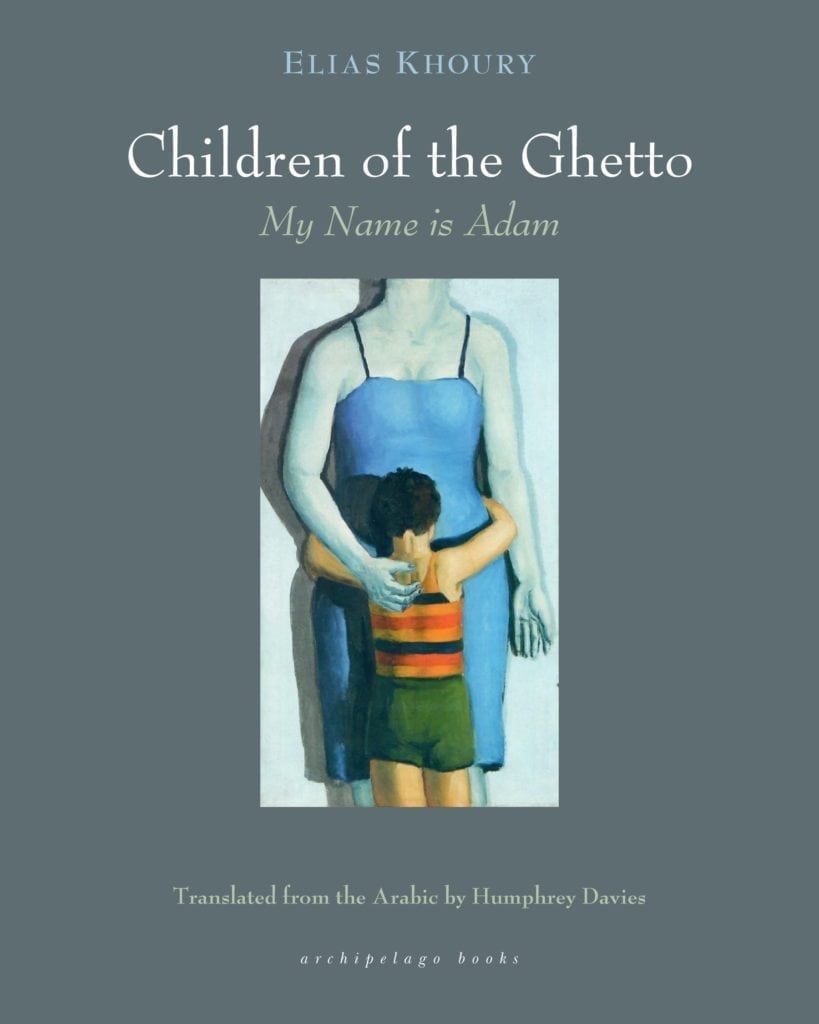Book Description
Long exiled in New York, Palestinian ex-pat Adam Dannoun thought he knew himself. But an encounter with Blind Mahmoud, a father figure from his childhood, changes everything. As he investigates exactly what occurred in 1948 in Lydda, the city of his birth, he gathers stories that speak to his people’s bravery, ingenuity, and resolve in the face of unimaginable hardship.
Khoury engages his own oeuvre in playful metafictional ways, along with real and invented scholarly texts, and larger Palestinian and Israeli literary histories to which this book is a timely and essential contribution. He rejects didacticism — “My story isn’t an attempt to prove something” — pirouetting between saying and unsaying, creating a mass of competing meanings from which Adam’s tormented psychology emerges. If Khoury makes any argument, however, it is that the expression of an “unadorned truth” is impossible, since all language is symbolic and metaphoric; words are weighed down by their histories...For all his narrative twisting and disavowals, Khoury gives us a vivid glimpse of the unspeakable.— Isabella Hammad, The New York Times
For Khoury, who was born in 1948 and whose life has been marked by almost continuous war, My Name is Adam marks the achievement of a long-held wish, dating back to his work as a member of Fatah in the late sixties and early seventies, to write a great epic about the Nakba ... (Khoury) listen(s) to the way that Palestinians have lived with the history of catastrophe, not by creating alternative narratives, but by cultivating silence and secrecy, shoring up fragments against their ruin.— Joshua Craze, Asymptote
Khoury insists that it is impossible to separate the stories of Palestinian and Jewish victimization, but his efforts to accompany the silence of the victims with their stories provide a generous and expansive terrain to think of histories of violence, of their remnants in the present, and of the complexities of survival.— Shir Alon, World Literature Today
A masterpiece of structure, vision, and imagination — a novel that fits no classic forms, but opens a window on suffering and memory.— Tom Zoellner, Los Angeles Review of Books
Khoury is one of the greatest writers of our times and perhaps the greatest Arabic-language writer of this generation, definite Nobel Prize material.— Avraham Burg, Haaretz

